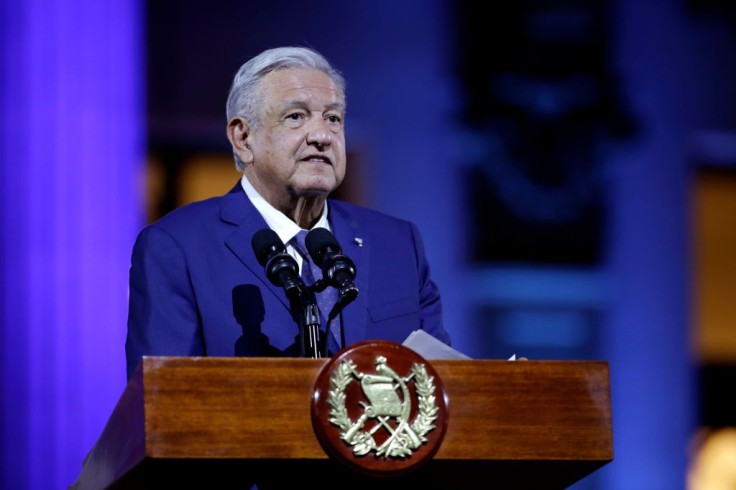
Mexico's poverty rate declined from 49.9% of the population in 2018, when President Andrés Manuel López Obrador took office, to 43.5% last year, as per a study published Thursday.
The study was conducted by Mexico's poverty analysis agency, Coneval.
El #CONEVAL presenta las estimaciones de Pobreza Multidimensional 2022.
— CONEVAL (@coneval) August 10, 2023
🗞️https://t.co/RmeTENOrkV
📊https://t.co/6WtNlleBhp#ComunicadoCONEVAL#MediciónDePobreza2022 pic.twitter.com/G7pJZf142c
The reason behind the reduction in poverty is unclear, but the decline means there were at least 5.7 million fewer people who reported incomes that were below the market basket for necessities like food and clothing.
Since Obrador took office in December 2018, he has more than doubled the country's minimum wage, which was equivalent to about $4.50 per day when he got elected. Now it is about $12. The amount shot up, in part, due to the appreciation of the Mexican peso against the U.S. dollar.
In 2021, he also pitched a global plan to help lift about 750 million people who live on less than $2 a day, as per Al Jazeera. At the time, he told the United Nations Security Council that the plan would be mostly financed by rich people and corporations.
In 2021, Obrador also lowered Mexico's pension age to 65 from 68 and said pensions would double by January next year, according to Bloomberg.
Apart from his efforts, remittances, the money sent home by Mexicans who are employed abroad, have also almost doubled in the same period (2018 to 2022). The number has gone from approximately $33.5 billion in 2018 to an annual rate of about $60 billion this year so far.
Experts said most remittances go to some of the poorest families in the Latin American country. The money sent home is mostly used to help these families with their basic needs.
The study also revealed that extreme poverty, faced by people who can't even buy enough food, went slightly up from 7% of the population in 2018 to 7.1% in 2022. Extreme poverty cases basically rose from 8.7 million people to 9.1 million during the period.
There was also a rise in the number of people reporting money issues related to health care. The figure increased from 16.2% to 39.1%. This covers the time period when many Mexicans had to get treatment at private hospitals and clinics during the COVID-19 pandemic, as government-run hospitals were all full.
© 2025 Latin Times. All rights reserved. Do not reproduce without permission.




